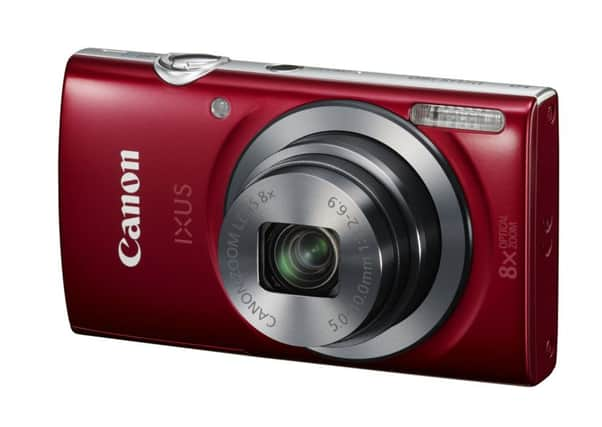Have phones finally made compact cameras obsolete?


If you’re a casual snapper whose principal need is to capture impromptu occasions with family and friends, the answer is almost certainly not. After all, you’re more likely to have your phone to hand than a camera.
For photography enthusiasts, there’s still no substitute for a precision camera: the choice of lenses alone makes phones seem like toys in comparison. But the serious hobby market tends to look beyond point-and-shoot compact cameras anyway. It’s those models - the ones that were selling like hot cakes just a few years ago - whose future is now in soft focus.
Advertisement
Hide AdAdvertisement
Hide AdIf you’re wondering whether to pack your old compact on your next trip, here are some pros and cons of old-school digital cameras over phones...
PROS
• Zoom lens: It’s only a matter of time before phones with retractable optical zoom lenses become the norm, but at the moment they’re still the province of “real” cameras. Zooms properly magnify distant objects to make them look closer, and the so-called “digital zooms” on phones and bargain basement cameras do nothing but blow them up and degrade the picture.
• Image sensor: Camera specifications are usually quoted in megapixels, but the number is largely superfluous, since all models have more than enough to produce decent images and print them at large sizes if need be. More significant is the size of the image sensor - the chip that determines how much light is allowed into the camera: the bigger the sensor, the more detailed the image. Phones tend to have the smallest sensors, and a decent compact camera is a useful step up. If you’re thinking of buying, compare sensor sizes above all else.
• Battery life: Cameras with rechargeable batteries are likely to outpace your phone by some margin. At least they’re a safety net when your mobile goes down while you’re travelling.
CONS
Advertisement
Hide AdAdvertisement
Hide Ad• Selfies: Your old camera’s self-timer is no substitute for an outstretched arm and a front-facing lens when you want to put yourself in the picture. However, the selfie-cams on many phones are of vastly lower resolution than the rear lenses.
• Sync your images: You don’t need to connect your phone to your PC to share your images automatically to Facebook and your online library; because it’s already online the process is as instant and seamless as you want it to be. If your purpose in taking a picture is to share it quickly on social media, a compact camera is only marginally more efficient than a carrier pigeon.
• Geo-tagging: Your phone will automatically store information on where each picture was taken, making it easy to populate an online map of your travels and share it with friends. You can get the same functionality on a compact camera, but only by seeking recourse to your phone to log your movements. You may as well cut out the middleman.
In the crucial matter of image quality, there is no clear winner. It’s certainly no longer safe to assume that a picture from a camera will be better than one from a phone: the best phones will now outpace the poorest cameras by some margin. It’s up to you to call the shots.